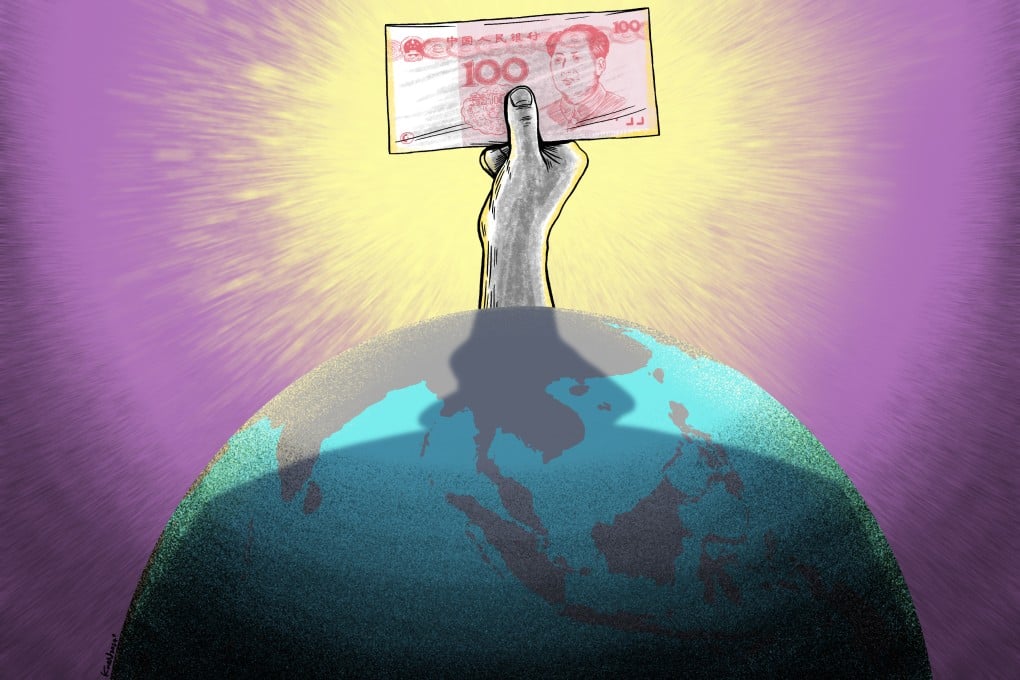Can China’s yuan, now a familiar face around the world, become a must-have currency?
China’s yuan has become more acceptable to foreign countries, but authorities still maintain tight control of fund flows under its capital account

When China’s home-grown ARJ21 regional jet was delivered to Indonesian airline TransNusa in May, the leasing deal was carried out using the yuan, with the arrangement hailed as a milestone in the internationalisation of the Chinese currency.
“This pioneering transaction highlights the high level of openness in the Lingang Special Area, promoting yuan internationalisation and strengthening international cooperation,” the Shanghai government said at the start of June.
China’s growing economic influence and trade with the rest of the world has made the yuan more acceptable to foreign countries compared to 20 years ago when Beijing first began to experiment easing its capital controls.
Over the years, the yuan’s share in China’s cross border payment has climbed significantly, reflecting rising global confidence in settling trade and investment in yuan.
In the first half of 2024, the yuan made up 52 per cent of China’s cross border payments and receipts compared with 43 per cent for the US dollar, according to estimates from ANZ bank.
A strong currency means everyone would like to hold it